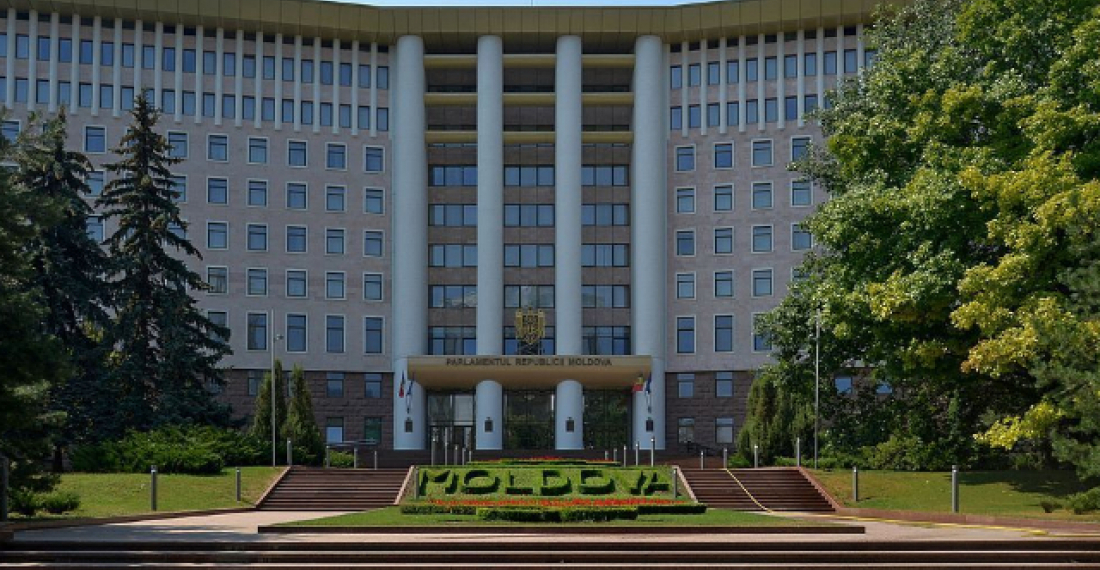The report of the investigation commission on elucidating legal circumstances on the interference of the Open Dialog Foundation and its founder, Russian citizen Ludmila Kozlowska, in the internal affairs of Moldova and on the financing of some political parties in Moldova was declassified by the Moldovan parliament. The report was published on the parliament's website and submitted to the European Parliament, European Commission, State Department and the US Congress, European Union, parliaments of Romania, Poland and Ukraine, OSCE, Council of Europe, the UN, other international organisations and national agencies.
The commission has studied the risks to national security inherent in the activity of the investigated issue. "The Commission concluded that the activities of Open Dialogue were subversive in nature and that they posed a threat to the state security of the Republic of Moldova," the statement said.
The commission was set up by parliament on 4 October 2018.
source: commonspace.eu with Moldpress (Chisinau) and UNIAN (Kiev)
photo: The building of the Moldovan parliament in Chisinau.






